Affordable Housing Market? For Whom?
georgiamomma
17 years ago
Related Stories

HOUZZ TOURSHouzz Tour: Paula Coldiron's Affordable Elegance
Author of Two Ellie Shows How To Go Family-Friendly Without Sacrificing Style
Full Story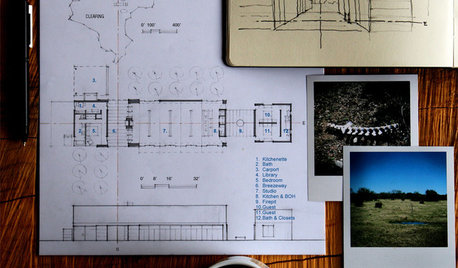
ARCHITECTUREDesign Practice: The Basics of Marketing Your Business
Pro to pro: Attract clients and get paying work by drawing attention to your brand in the right places
Full Story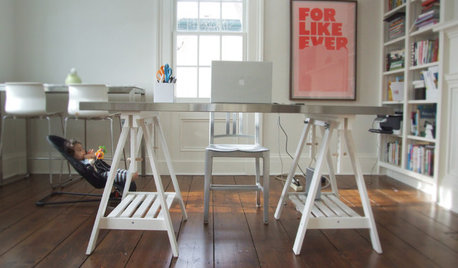
Affordable Finds for College and Beyond
Outfit Your Place With High Style From Big-Box Stores, Garage Sales and More
Full Story
RUGSFlea Market Find: Vintage Kilim Rugs
These popular floor coverings work well in every room of the house
Full Story
PRODUCT PICKSGuest Picks: 19 Kitchen Upgrades for When You Can't Afford an Overhaul
Modernize an outdated kitchen with these accents and accessories until you get the renovation of your dreams
Full Story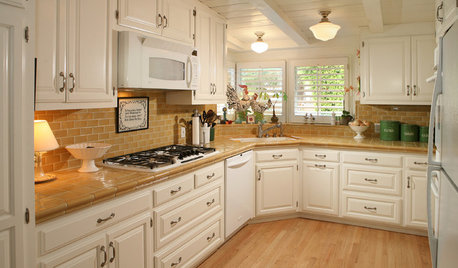
KITCHEN COUNTERTOPSKitchen Counters: Tile, the Choice for Affordable Durability
DIYers and budget-minded remodelers often look to this countertop material, which can last for decades with the right maintenance
Full Story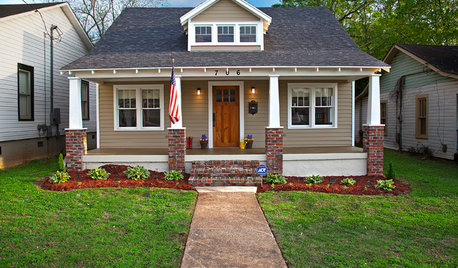
MATERIALSThe Most Popular Roofing Material is Affordable and Easy to Install
Asphalt shingles, the most widely used roof material in the U.S. are reliable and efficient, and may be right for you
Full Story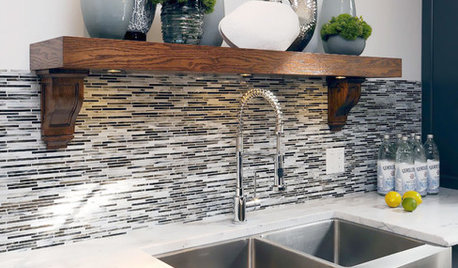
KITCHEN DESIGNKitchen Sinks: Stainless Steel Shines for Affordability and Strength
Look to a stainless steel sink for durability and sleek aesthetics at a budget-minded price
Full Story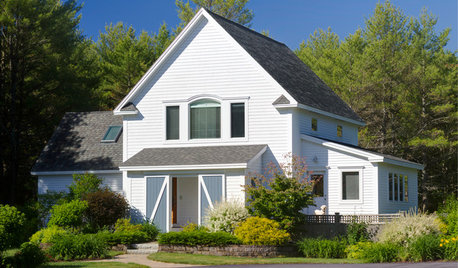
MOVINGTips for Winning a Bidding War in a Hot Home Market
Cash isn’t always king in a bidding war. Get the home you want without blowing your budget, using these Realtor-tested strategies
Full StoryMore Discussions





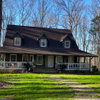
peppermill
westranch
Related Discussions
STRUGGLING to build an affordable, energy efficient house
Q
Interesting house on the market.
Q
An offer to purchase when house not on the market
Q
Vintage photos to market house
Q
cordovamom
Sully6
georgiamommaOriginal Author
Sully6
allboyz
georgiamommaOriginal Author
kellyeng
jaynees
acdesignsky
cordovamom
novahomesick
brickeyee
acdesignsky
chrisdoc
sweet_tea
feedingfrenzy
acdesignsky
jy_md
westranch
Pipersville_Carol
feedingfrenzy
feedingfrenzy
acdesignsky
feedingfrenzy
acdesignsky